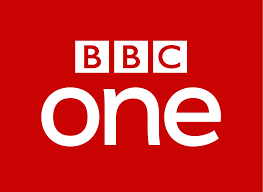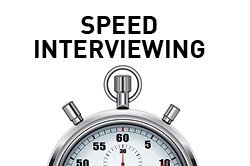SESSION 4

Source: www.fullerton.edu
NOTE TO STUDENTS
Students from the below groups will receive PIN numbers via email weekly to access activities on my iDoceo Connect platform and submit their exercises for correction.
601, 607, 612, 615, 619, 624, 462, 680, 681, 689, 690 and 691
The solutions to exercises in this session will be published when the above groups have submitted them.
DO YOU HAVE A BUSINESS TEAM ALREADY?
START BUILDING UP YOUR COMPANY!!
- Name and activity
- What do you produce/sell?
- Why do you need to hire somebody?
STRUCTURE
Session 4: contents
- Introduction: The history of job interviews
- Talking about job interviews
- Job interview Quiz
- Do's and Don'ts of an interview
- PRACTICE
- Steps of a hiring process
- Steps of an interview
- ORAL PRACTICE AND CONVERSATION
- Speed interviewing
- Project practice
- Technical Vocabulary: qualities
- PROFESSIONAL INTERVIEWS
- 49 top questions at interviews
- EXTRA CONTENT
- Example of a poor interview
DRAFT YOUR PROJECT!!
You don't know where to start?
See some mixed-quality 2019-20 sample projects here:
Sample 1 with corrections
Sample 2 - Sample 3
Sample 4 - Sample 5
Sample 6 - Sample 7








